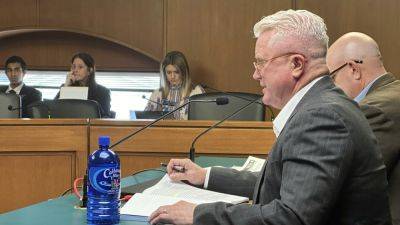Consumers will ultimately pay the price for Quebec's new language rules, experts say
Quebec consumers will have fewer choices and be paying more for everything from coffee makers to washing machines if the government follows through with its revisions to the province's French language charter.
This is according to legal and industry experts who have told CBC News that the requirements published as a draft regulation in Quebec's Official Gazette on Jan. 10 are not economically feasible for companies big or small to comply with.
«These are requirements that are unique in the world,» said Alexandre Fallon, a lawyer who specializes in business compliance with Quebec's Charter of the French Language.
«The calculus becomes: do I modify the design of my product and my product packaging for this relatively small market?»
The revisions to the French language charter are associated with Bill 96, designed by the Legault government to protect French. There are already concerns that the new regulations for signs could mean heavy costs to retailers. The minister in charge, Jean-François Roberge, is adamant that Quebec will go ahead with its program, despite any commercial downside.
Eliane Ellbogen, a lawyer and trademark agent, cites home appliances as an example. Typically ovens, dishwashers and refrigerators sold in Quebec have inscriptions emblazoned on them in English, but now buttons that say «bake,» «rinse» or «temperature» will need to be in French, she said.
«For certain industries, it would not be commercially viable to comply,» Ellbogen said.
«Essentially, it would be impossible to create a separate supply chain solely for the Quebec market because that market is so small compared to the general North American or European markets.»
To top it off, there is no grace period for products with permanently embedded







